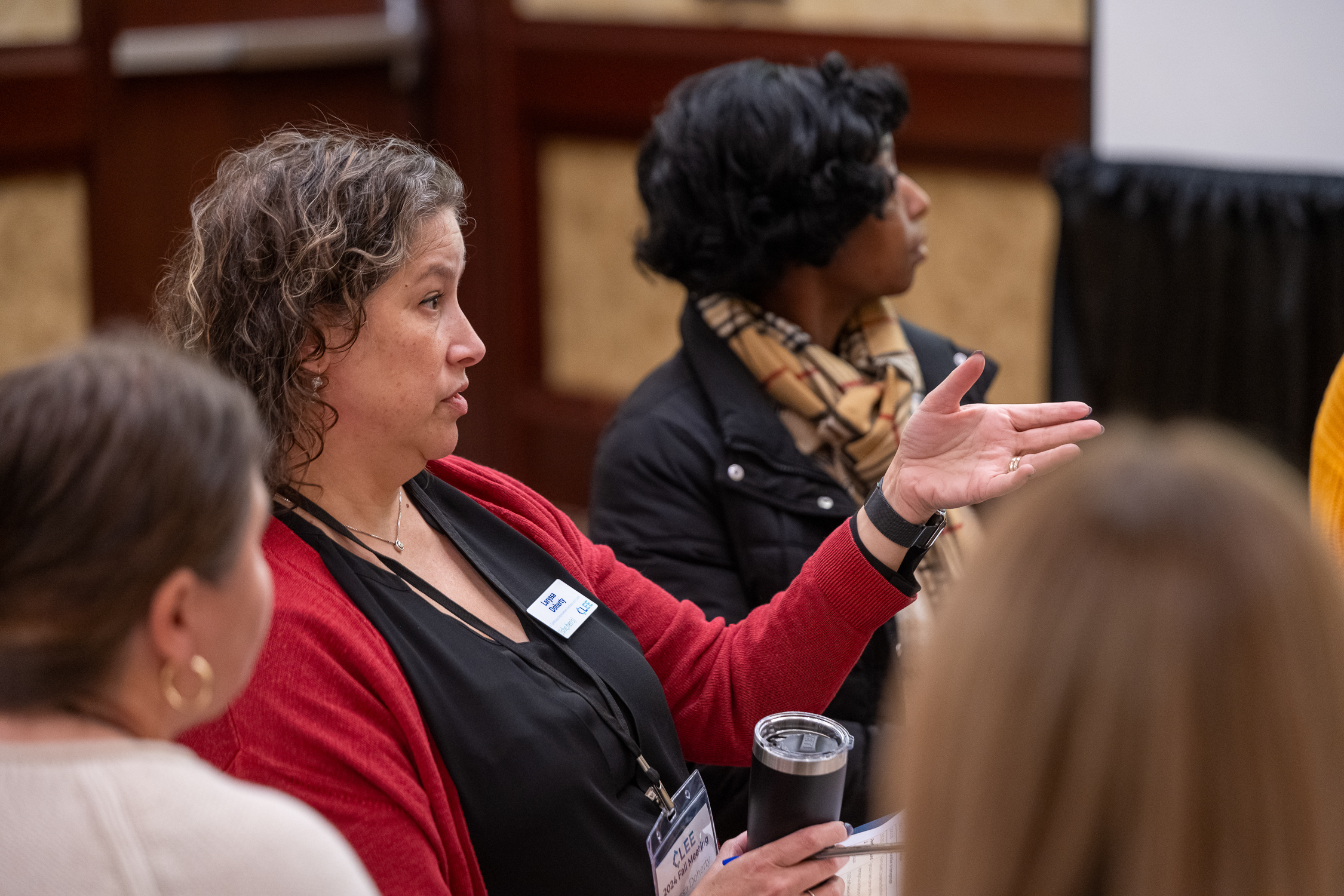WHY
School improvement efforts must include those most affected by them. Centering student impact and outcomes in school improvement is also crucial to ensuring that improvements are effective. CLEE’s facilitation and design are rooted in the belief that individuals and groups working together can achieve better results than those working in isolation: ‘None of us are smarter than all of us.’ Those closest to the work are best positioned to drive meaningful change.
HOW
Grounded in research-based practices, we focus on effective methods rather than rigid prescriptions, building capacity in schools to adapt to both changes and challenges. The primary focus is student impact, with focus groups providing deeper insights into their experiences and needs. This approach not only benefits individual participants but also fosters broader, systemic improvements across schools and districts.
IMPACT
CLEE holds our work to thehighest level and uses and engages in evolving research to ensure that we are providing the most up-to-date and effective, research-based programming. Our programming is evaluated not only for the effectiveness of professional learning but also through three clear measures of impact.
The extent to which:
- individuals have changed practice
- learning communities have changed practice
- student learning outcomes have increased
By the numbers
Self-assessment data from a recent program for educational leaders in Massachusetts shows a 42% increase in participants rating themselves as proficient in driving continuous improvement, rising from 45% to 87%.

Kirsten Ebersole LaCroix, CLEE Senior Director of Program Scaling
ACT NOW
- PLANS Federal Grant; RI, MA, CT: Free, Comprehensive School Improvement Support in CT, MA and RI
- Principal Residency Network (PRN): Principal Certification in RI and now in MA!
Meeting More Needs:
- Facilitator Training
- Strategic Planning
- Communities of Practice
- One-on-One Coaching
- Continuous Improvement Training to support capacity in implementing strategic plans or other priorities such as HQIM, School Improvement Plans, MTSS, or other
